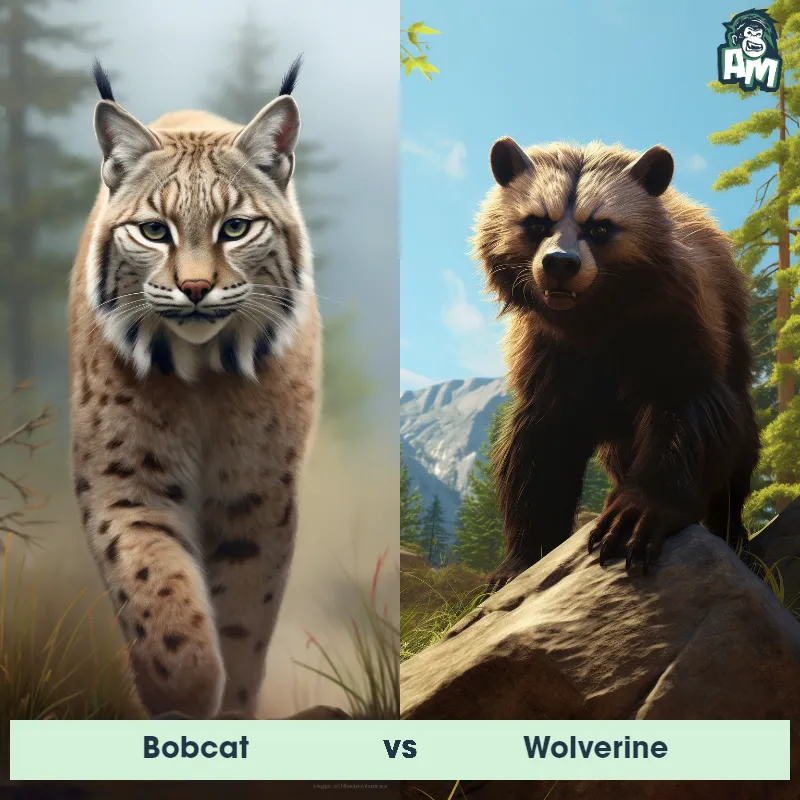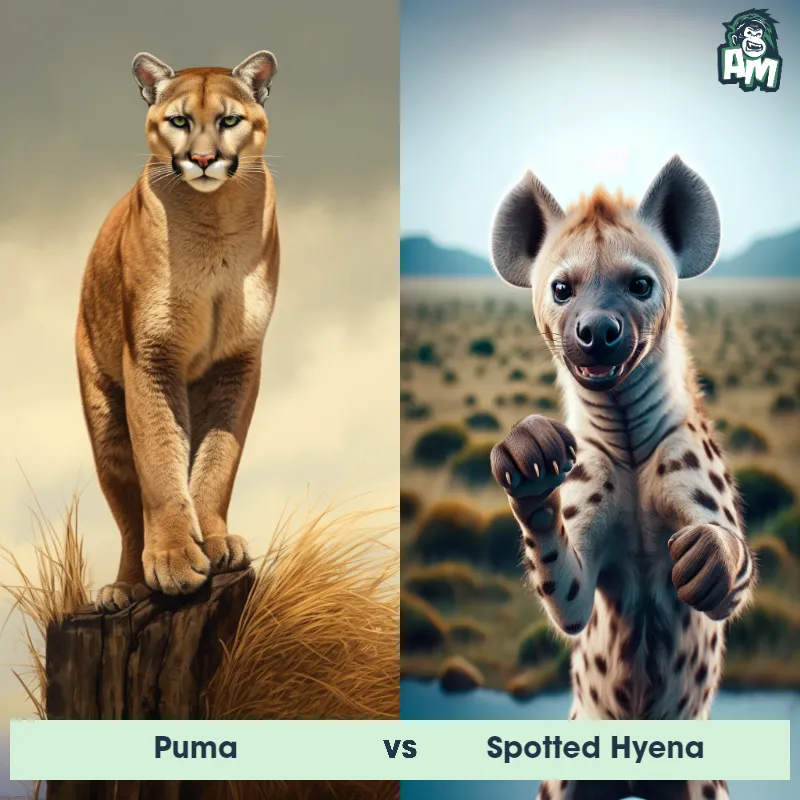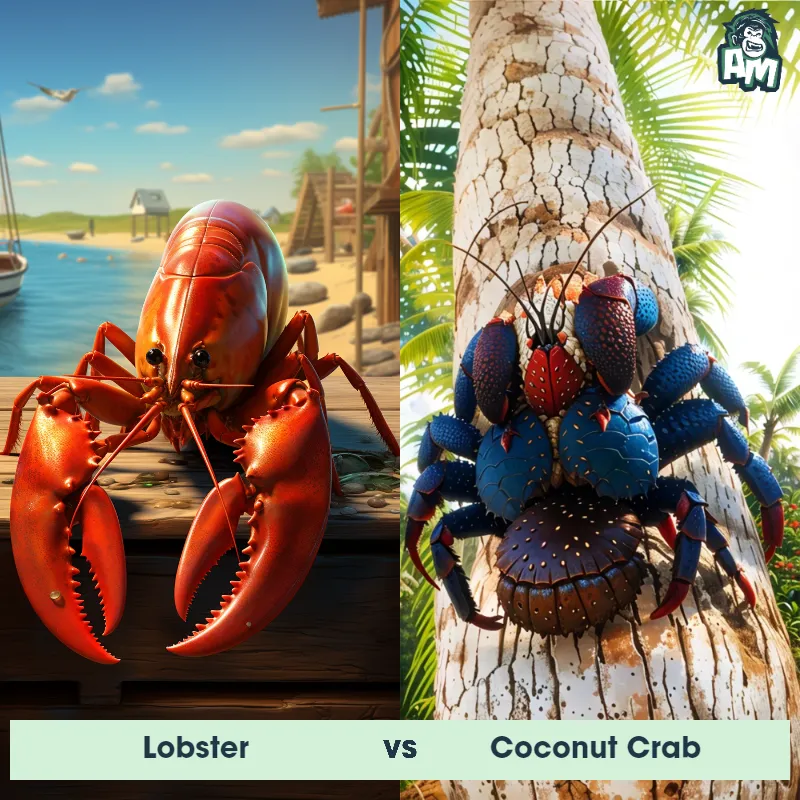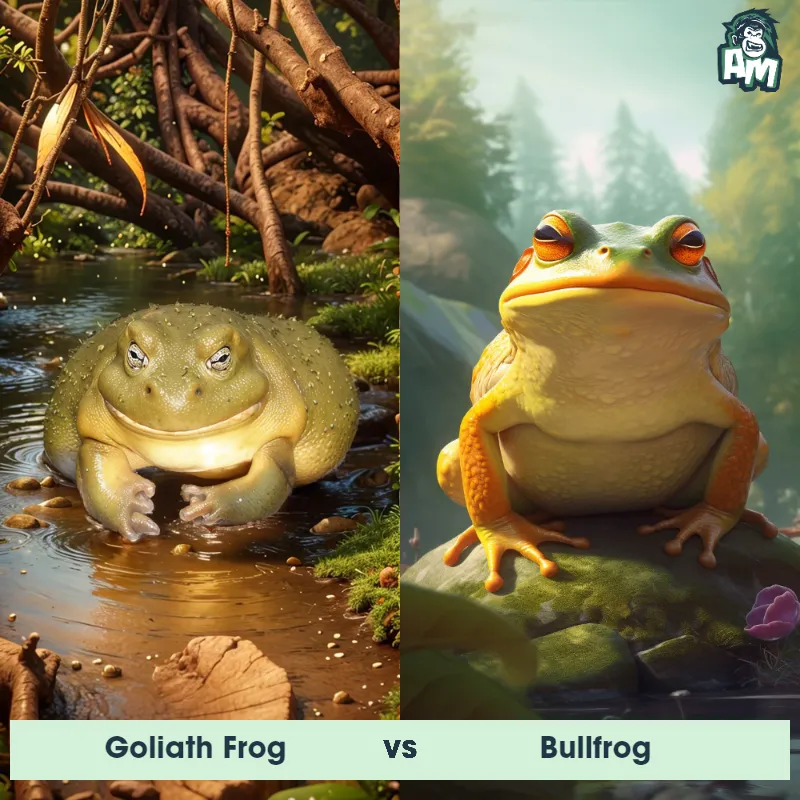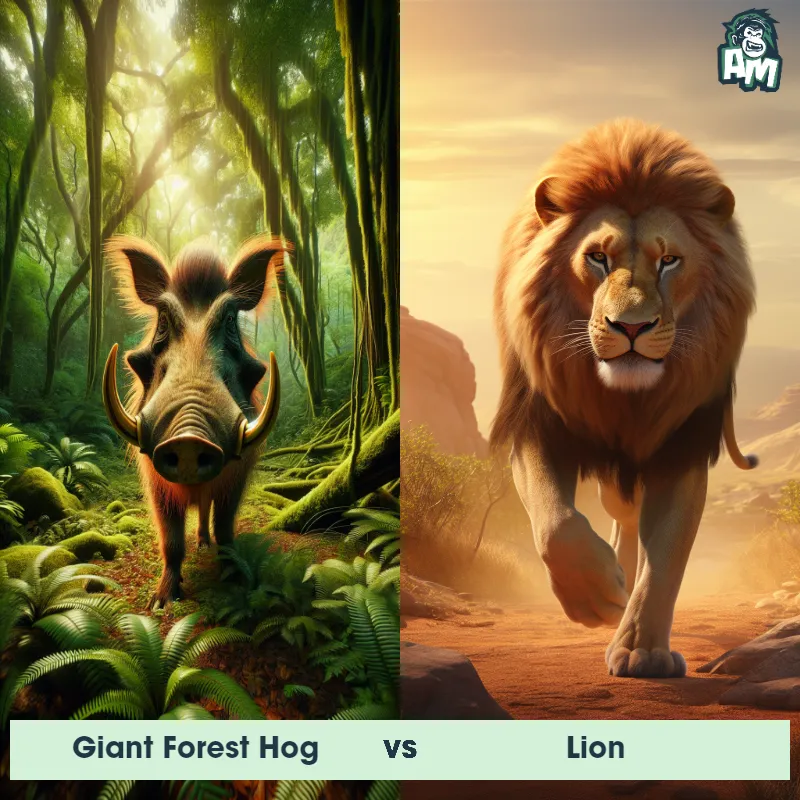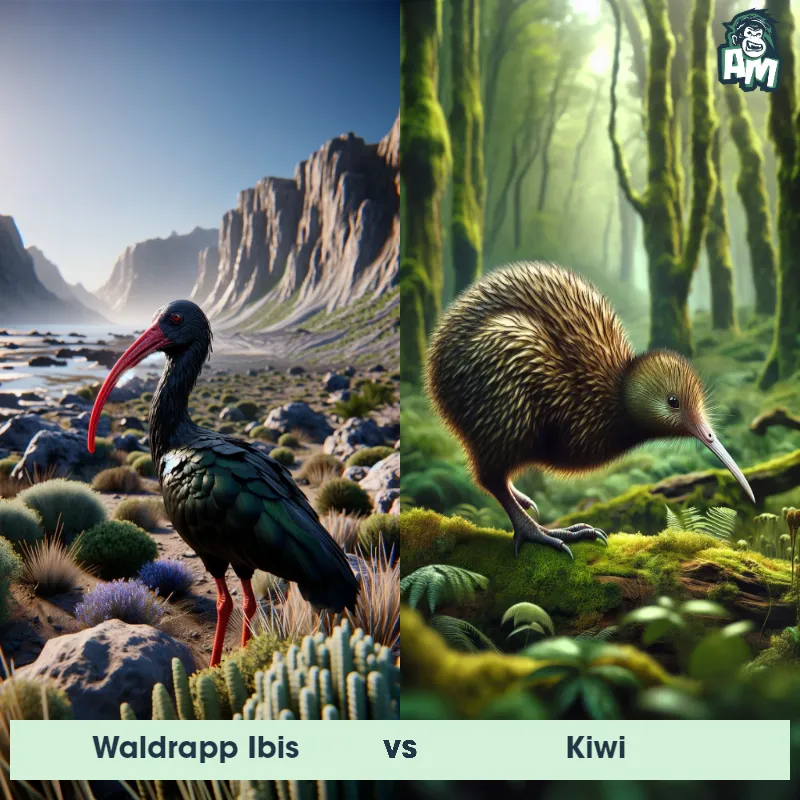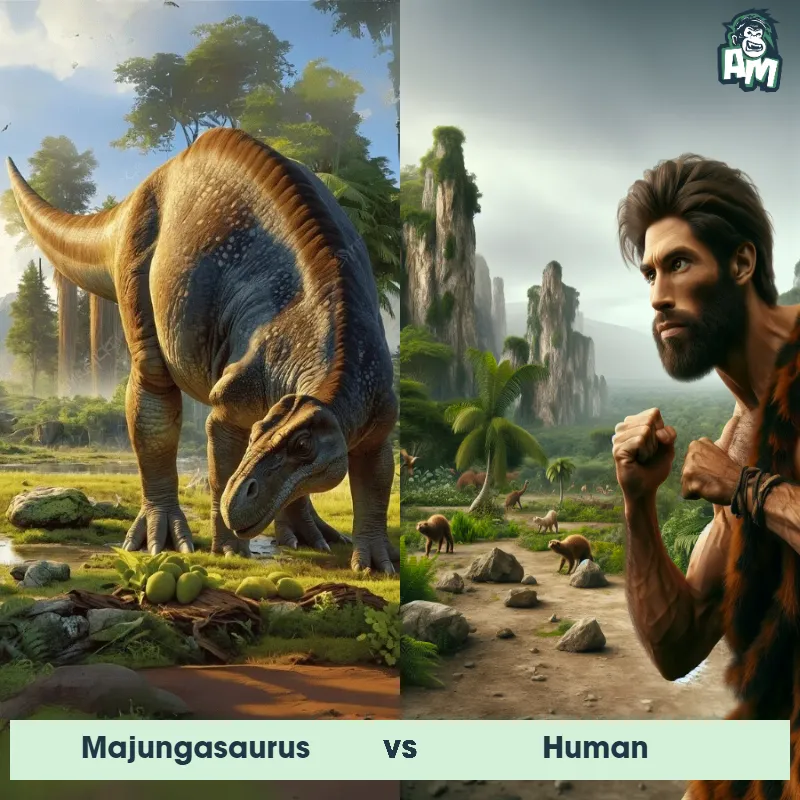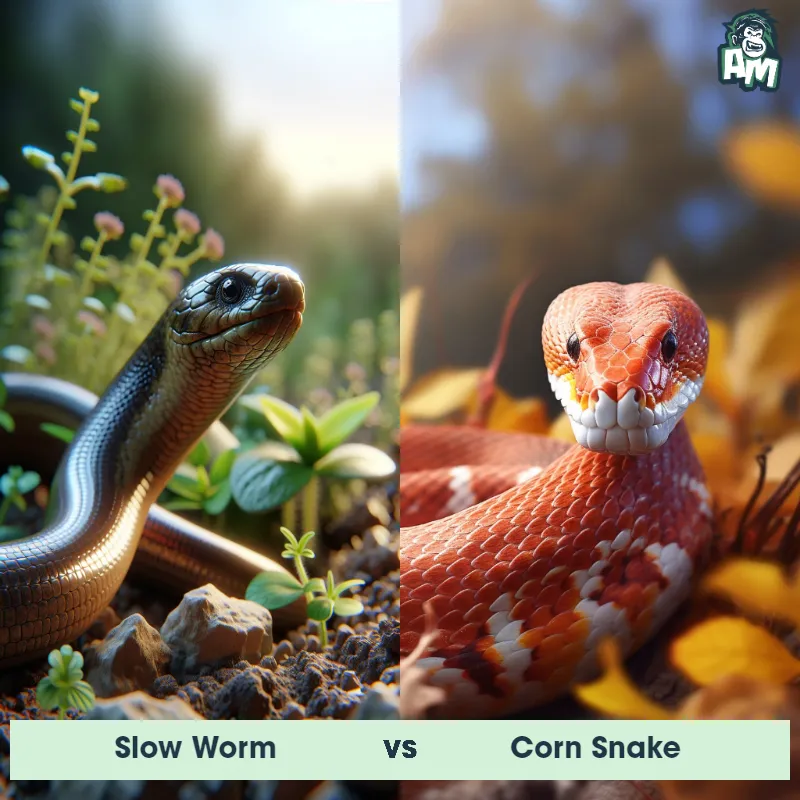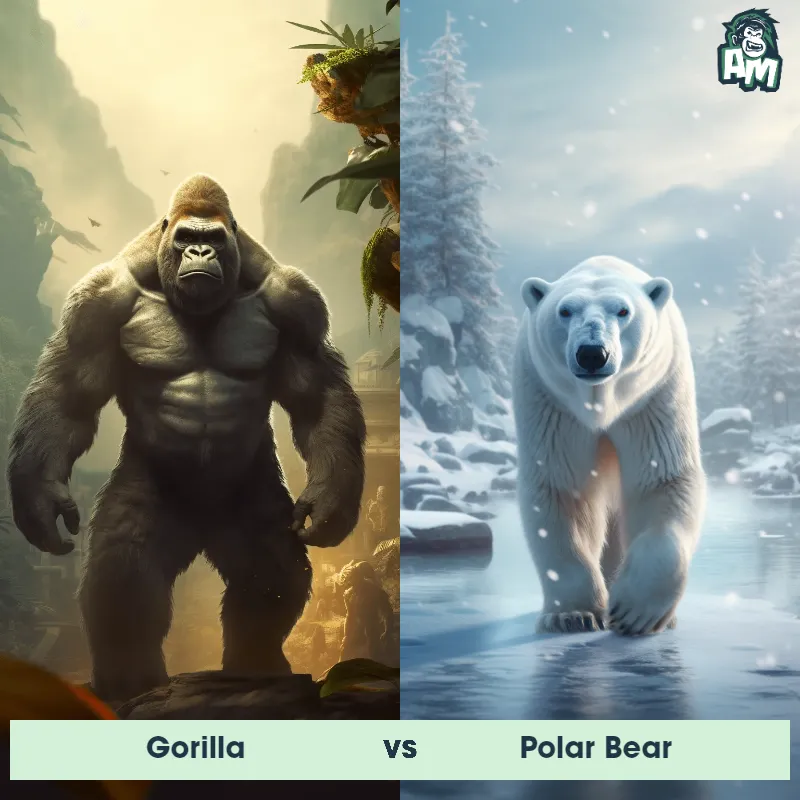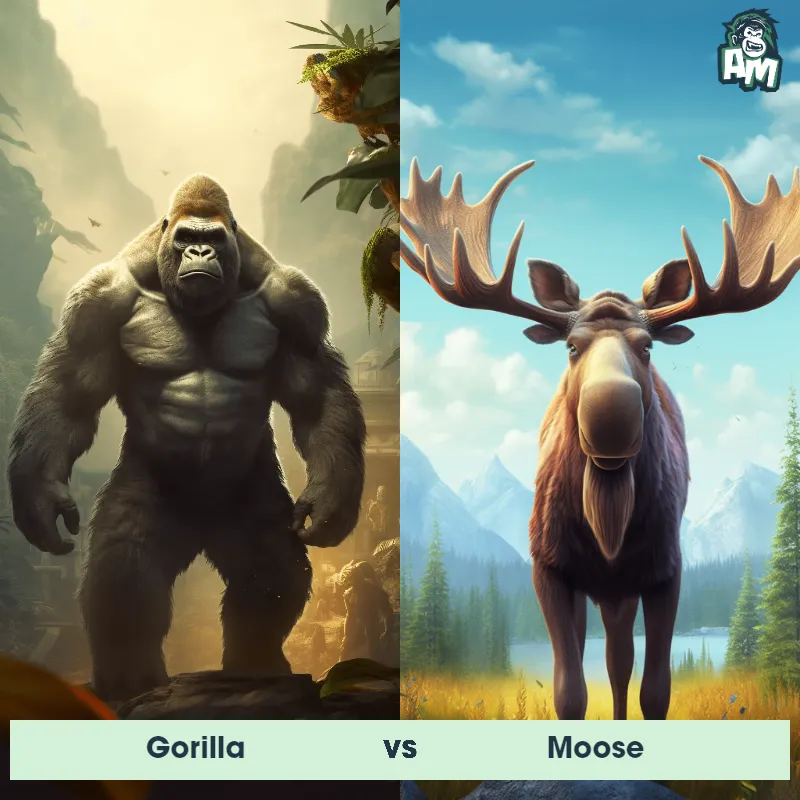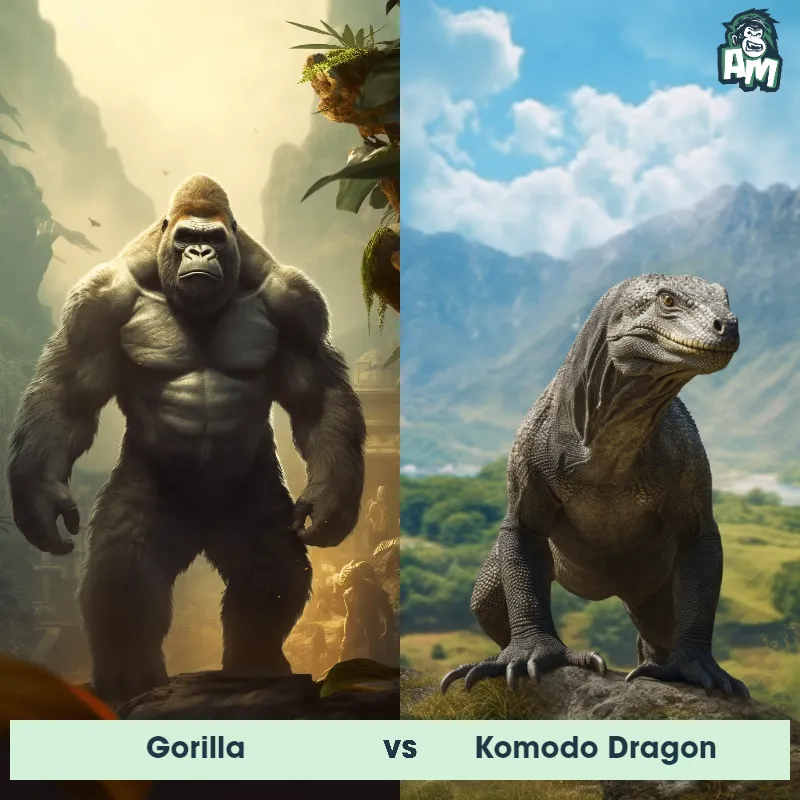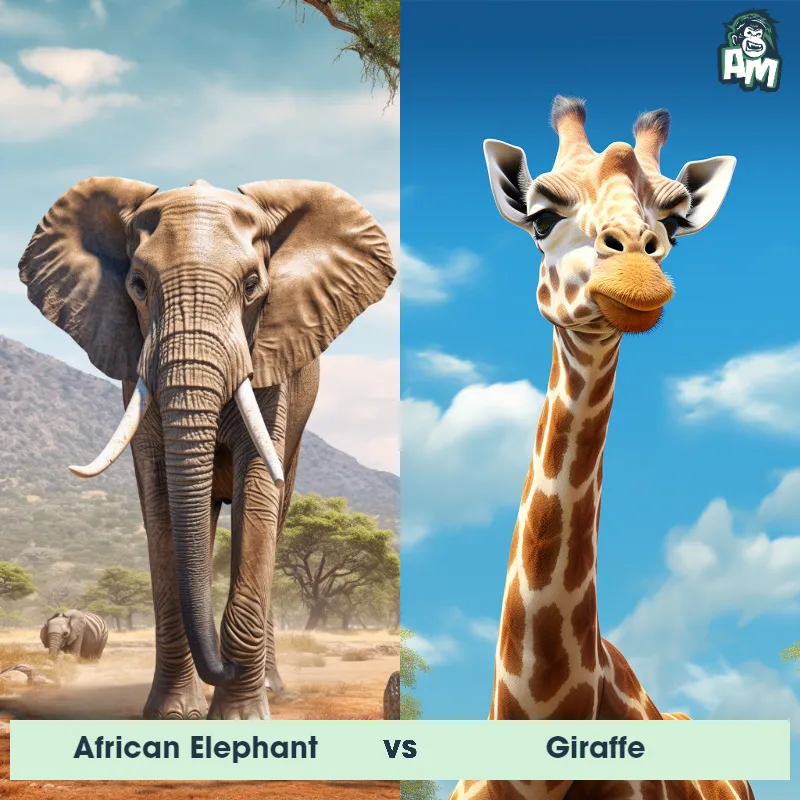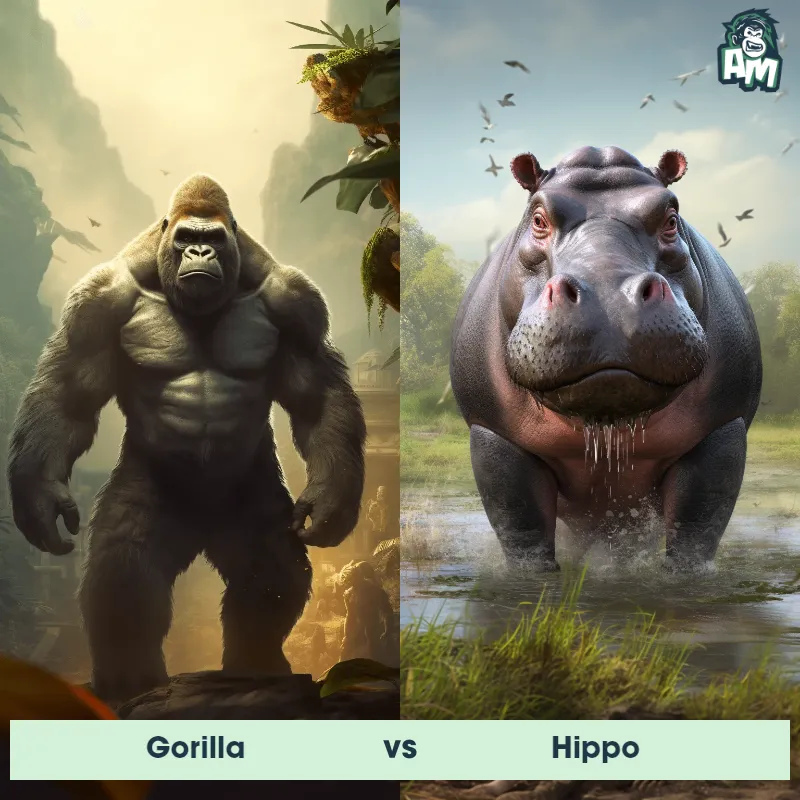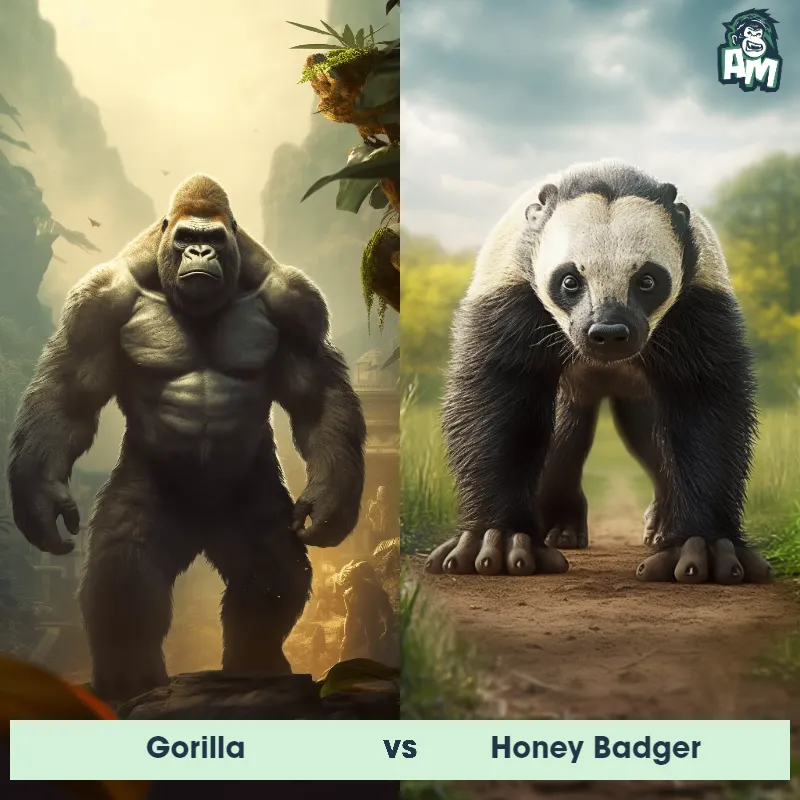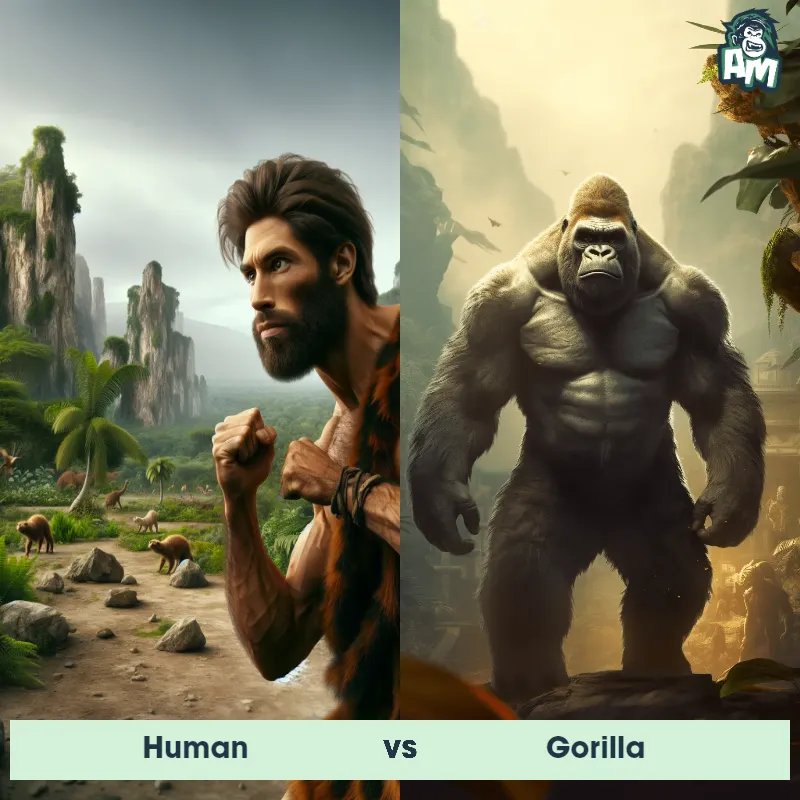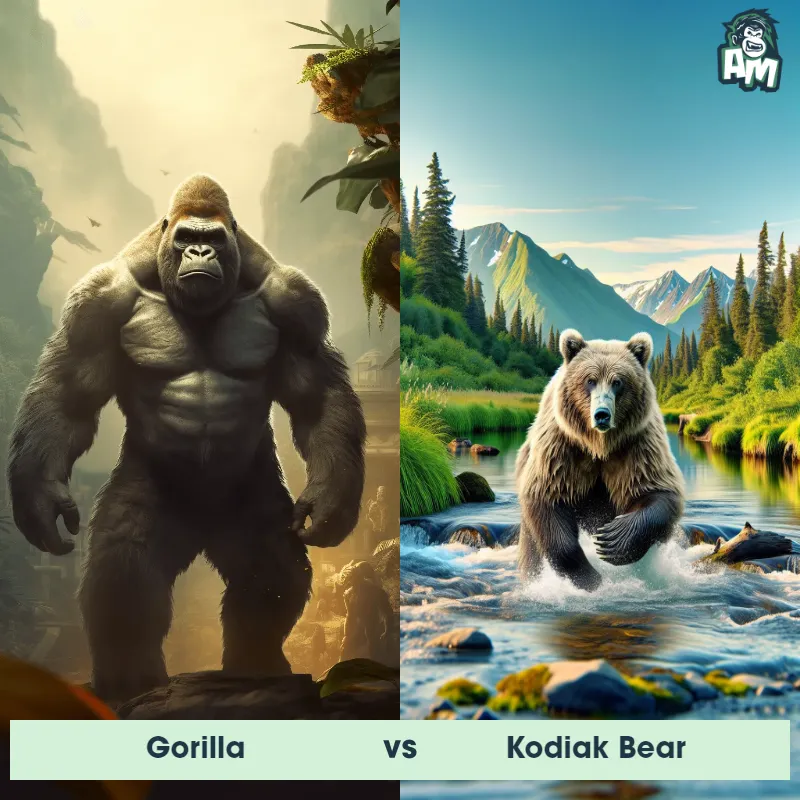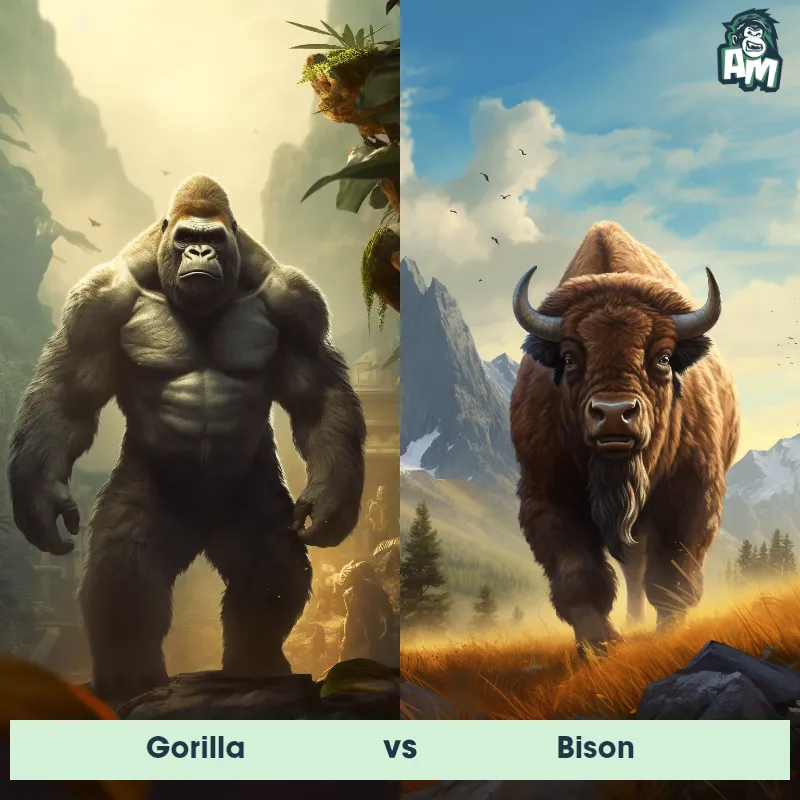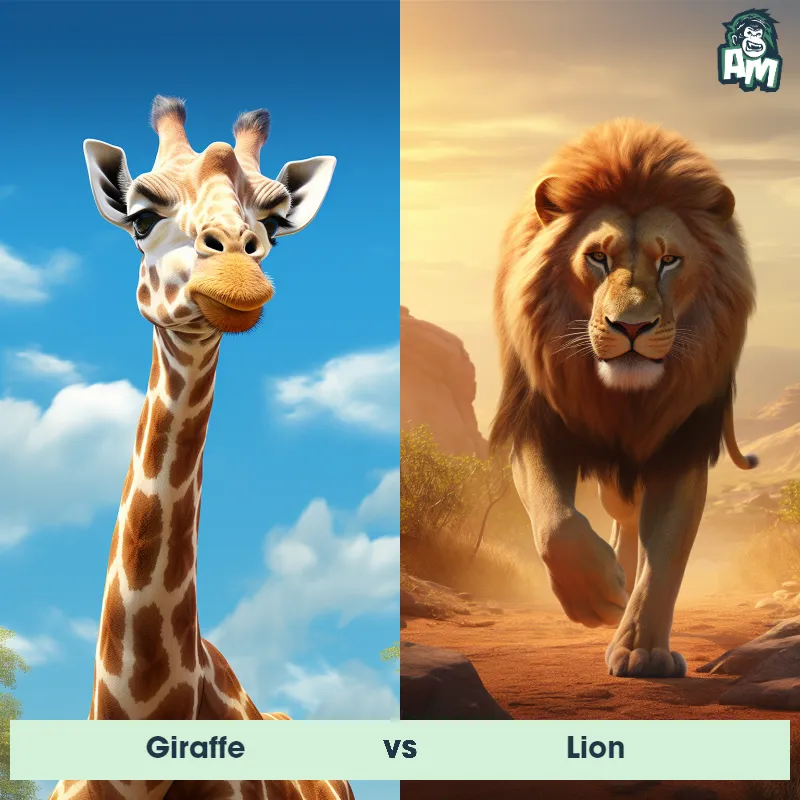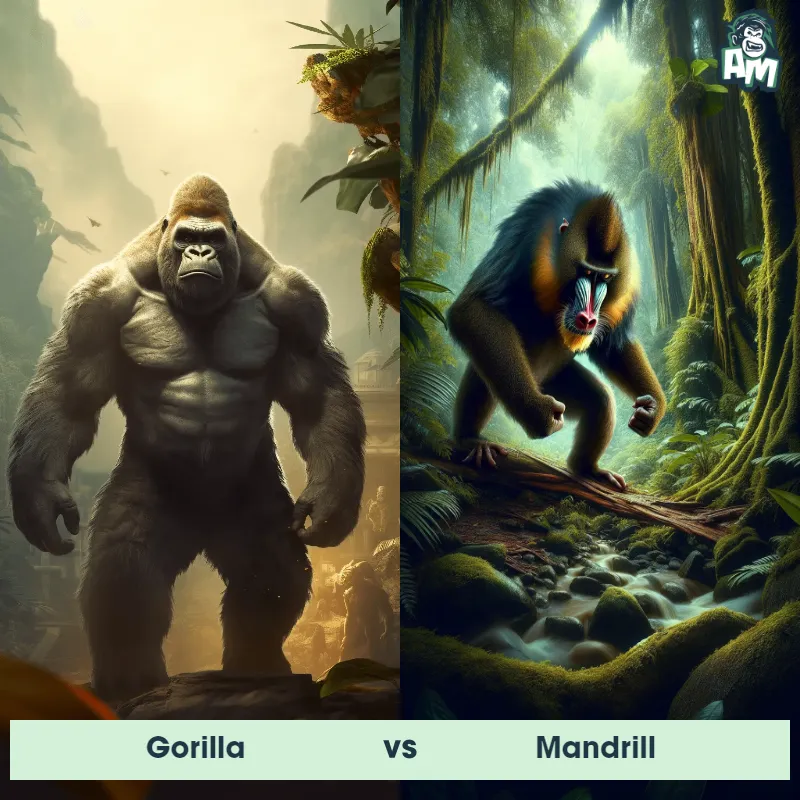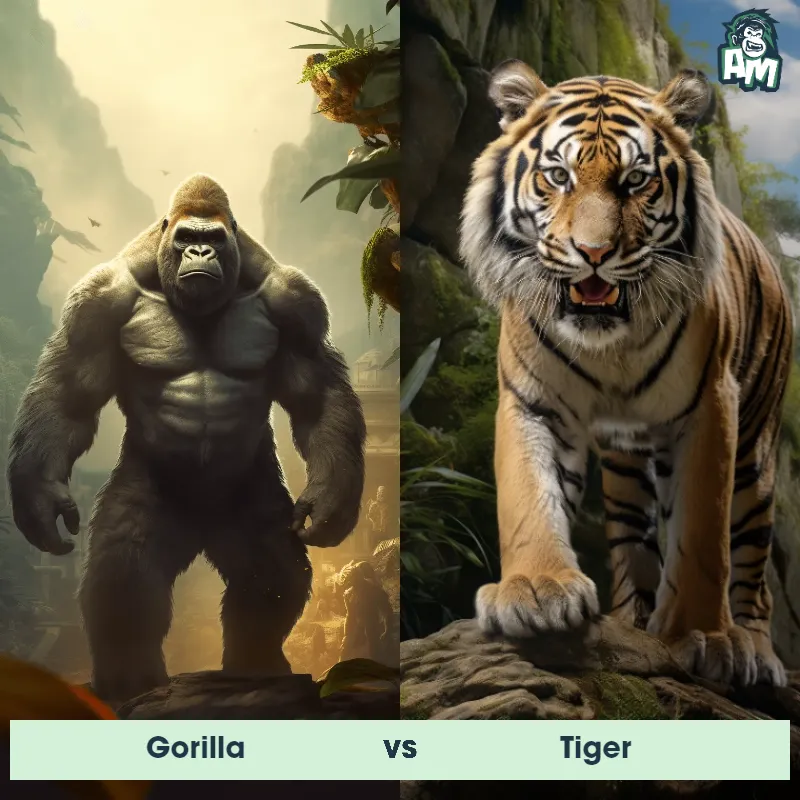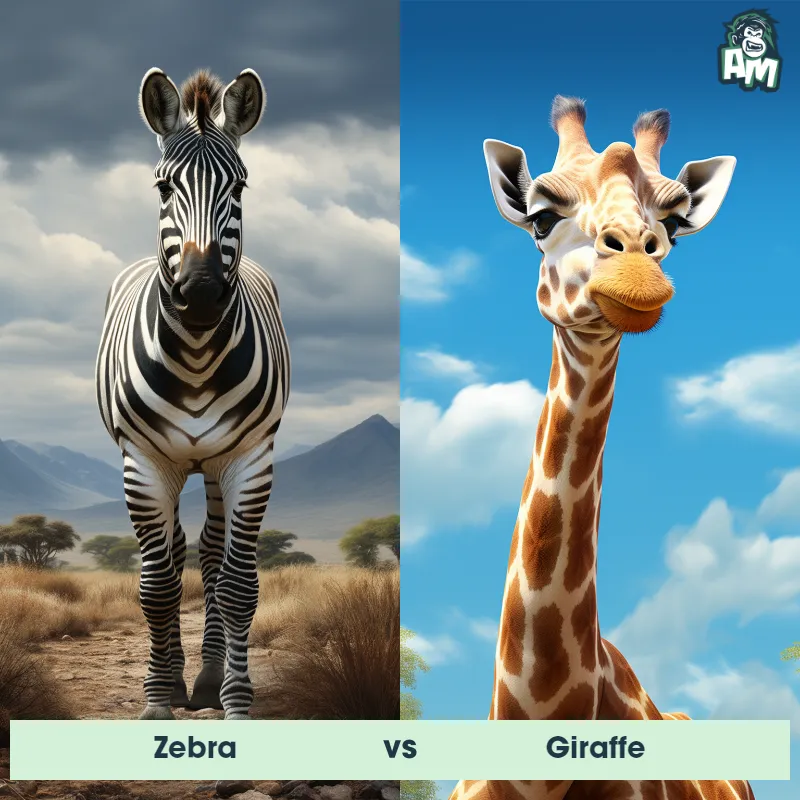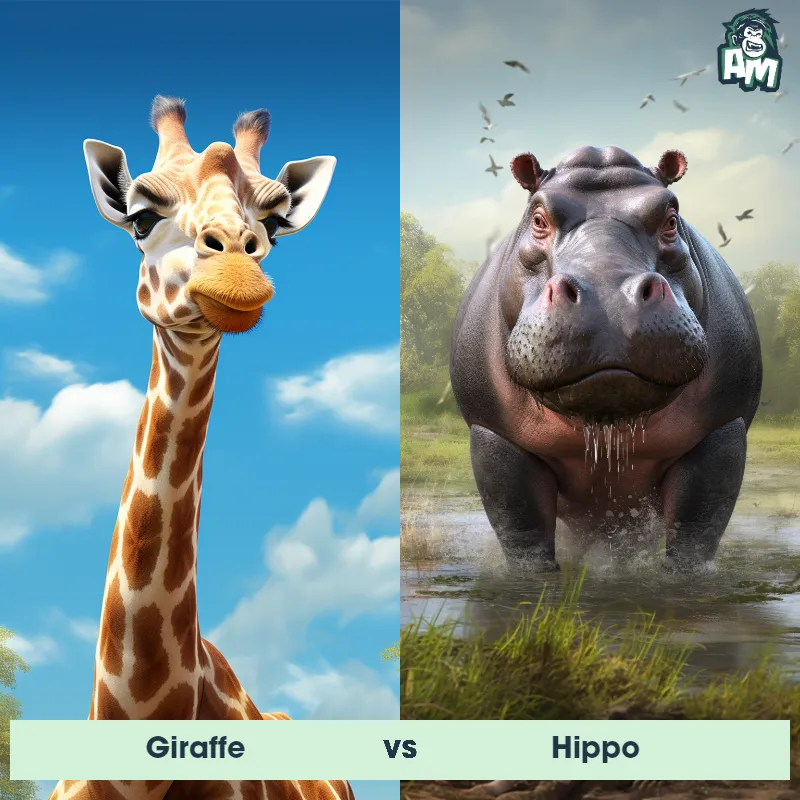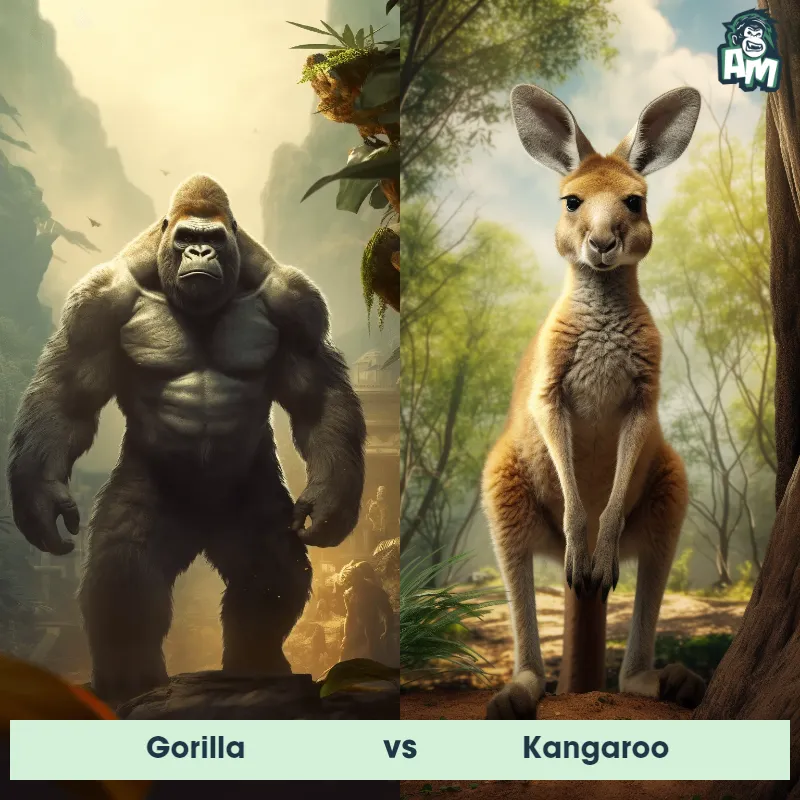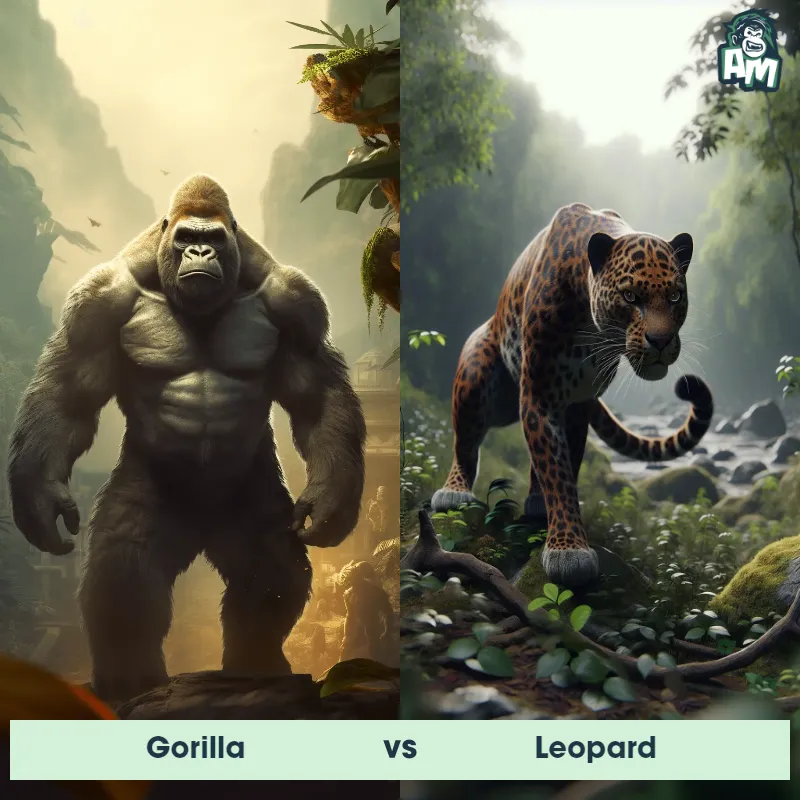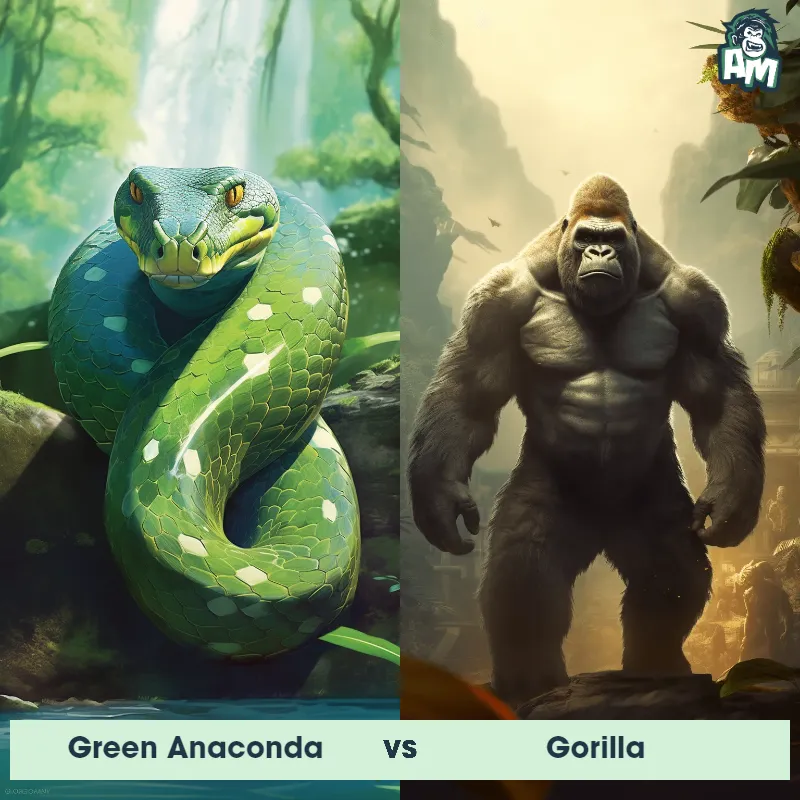Human vs GiraffeSee Who Wins
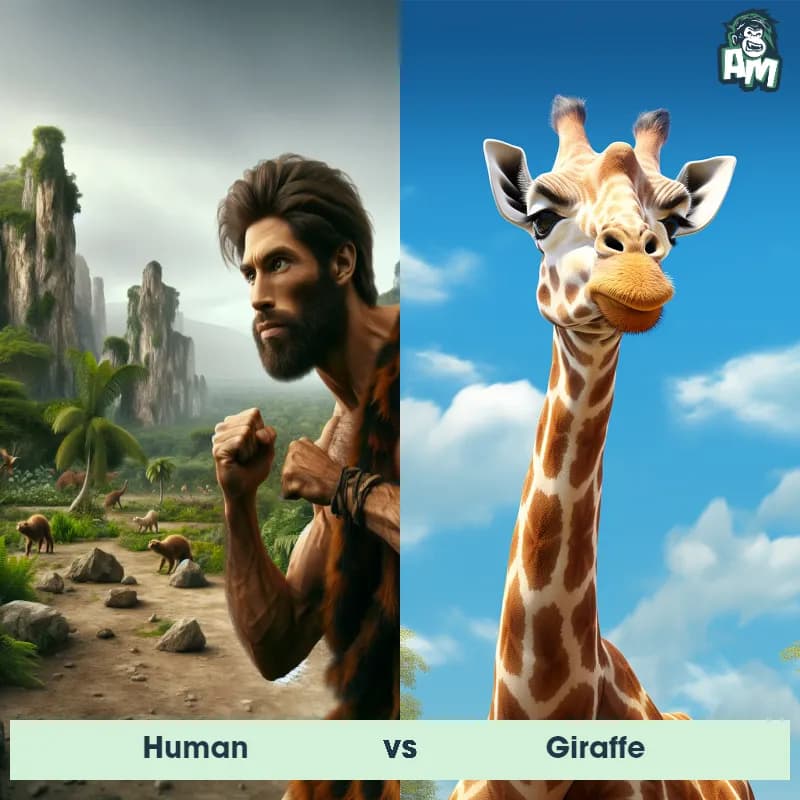
Welcome to today's matchup between a Human and a Giraffe! In this three-round fight, we will see which opponent will come out on top. The Human is known for their agility and quick movements, while the Giraffe has the advantage of height and reach. Let's see how this battle unfolds!
Contender 1: Human
The human, Homo sapiens, is a highly intelligent and social primate species. They are characterized by their upright posture, opposable thumbs, and relatively hairless bodies compared to other mammals. Humans have complex brains that enable them to think, reason, and communicate through language. They possess a wide range of physical variations in height, weight, and skin color due to genetic diversity. Humans are known for their adaptability and capacity to use tools, which has allowed them to thrive in a variety of environments across the globe.
![[object Object] Gif](https://tenor.com/view/hungry-caveman-muppetwiki-muppet-wiki-jim-henson-gif-11005515308056547982.gif)
Fun Fact: Humans are the only known species capable of abstract thinking, allowing them to conceptualize ideas and think in terms of concepts that do not have a physical presence.
Contender 2: Giraffe
The giraffe is a majestic, long-necked mammal known for its exceptional height, which makes it the tallest land animal in the world. Adult giraffes can reach heights of up to 18 feet. Their unique appearance is characterized by a patterned coat with patches varying in color from orange and brown to lighter hues. Giraffes have long legs, a sloping back, and a small hump on their shoulders. They are native to Africa, primarily found in savannahs and woodlands, where they graze on leaves, fruits, and flowers.
Fun Fact: Despite their long necks, giraffes have the same number of neck vertebrae as humans, which is seven. Each vertebra can be up to 10 inches long.
Matchup Stats
| Human | Giraffe | |
|---|---|---|
| Size | Average height of 5 feet 7 inches (170 cm) | Up to 18 feet tall (5.5 meters) |
| Weight | Average weight of 154 pounds (70 kg) | Up to 2,800 pounds (1,270 kilograms) |
| Speed | 27.8 mph (44.7 km/h) | 35mph (56km/h) |
| Key Strength | Intelligence and ability to strategize | Powerful kicks with their long legs |
| Biggest Weakness | Lack of physical strength compared to some animals | Vulnerable when bending down to drink water |
Current Votes
Human vs Giraffe
See Who Wins
View More Matches
Looking For More?
Similar Matches
Scientific Stats
| Human | Giraffe | |
|---|---|---|
| Scientific Name | Homo sapiens | Giraffa camelopardalis |
| Family | Hominidae | Giraffidae |
| Habitat | Diverse habitats, including forests, grasslands, deserts, and urban areas | Savannahs, grasslands, and open woodlands |
| Geography | Found on all continents | Africa |
| Diet | Omnivorous, with a preference for cooked food | Herbivorous, primarily leaves, fruits, and flowers |
| Lifespan | 70 years - 90 years | 20 years - 25 years |
Key Differences between Human and Giraffe
- Legs: Giraffes have long, slender legs that support their tall bodies, while Humans have shorter and sturdier legs compared to their body size.
- Spots: Giraffes have ossicones (horn-like structures) on top of their heads and distinctive irregular spots on their bodies, while Humans lack these features.
- Walk: Giraffes move by pacing or walking with both legs on one side moving at the same time, while Humans walk by alternating movement of their legs.
- Size: The Giraffe is significantly taller than the Human, with the average adult Giraffe standing between 16 to 20 feet tall, while the average adult Human stands around 5 to 6 feet tall.
- Neck length: The Giraffe's most distinctive feature is its long neck, which can measure up to 6 feet in length, whereas the Human has a relatively shorter neck in proportion to its body size.
- Coloration: The Giraffe has a unique coat pattern of large, irregular spots or patches that are typically brown in color, while Humans have a range of skin tones from light to dark.




